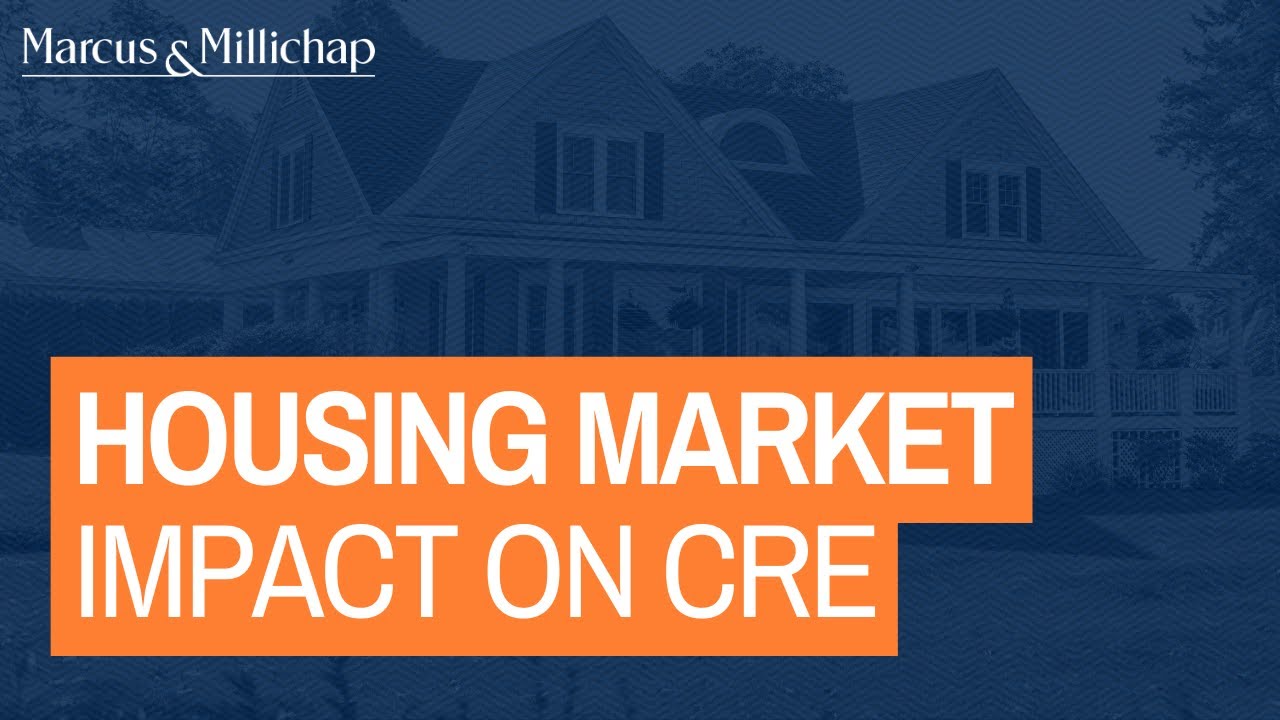
Experts Warn of Risks with New 1% Mortgage
Experts caution potential homebuyers about the risks associated with a newly launched 1% deposit mortgage, allowing borrowers to secure up to 99% of a property’s value. Yorkshire Building Society recently introduced this fee-free mortgage, targeting first-time buyers without substantial family financial backing. While the scheme aims to facilitate homeownership for many, concerns loom over the potential pitfalls.
A cautionary tale for prospective homebuyers
The allure of a 1% mortgage, especially for individuals with limited savings for a deposit, is undeniable. However, Karen Noye, a mortgage expert at Quilter, emphasizes the serious risks involved. She highlights the looming threat of negative equity, where the mortgage surpasses the property’s value, leaving homeowners in a precarious financial position.
The Dangers of Negative Equity
Negative equity poses a significant challenge for homeowners, restricting their ability to sell properties without incurring losses. As house prices fluctuate, those with minimal equity face the brunt of market downturns, potentially trapping them in financial turmoil.
High Interest Rates and Repayment Burdens
Moreover, borrowers opting for a 1% mortgage face higher interest rates and substantial repayment burdens compared to those with larger deposits. Kellie Steed from Uswitch warns of the financial strain resulting from larger loan sizes and elevated interest rates, making such mortgages a risky endeavor.
 Implications for the housing market
Implications for the housing market
Market Impact and Price Surge
Claire Flynn, a spokesperson for Mojo Mortgages, raises concerns about the broader implications of increased demand for 99% mortgages. While these schemes aim to assist first-time buyers, the surge in demand could potentially inflate house prices, mirroring past government initiatives that inadvertently led to substantial price hikes.
Understanding 1% Mortgages and Compound Interest
In essence, a 1% mortgage allows buyers to secure a property with a minimal deposit, revolutionizing accessibility for first-time homeowners. However, the intricacies of compound interest, where interest accrues on the interest itself, underscore the importance of prudent financial planning.
For further insights on mortgages and financial trends, explore related articles:
- Bank of England’s stance on interest rates
- First-time buyers relying on family support
- Impact of housing market slowdown
Conclusion
While 1% mortgages offer a pathway to homeownership for many, the associated risks demand careful consideration. Aspiring buyers must weigh the benefits against the potential financial pitfalls, ensuring a secure and sustainable investment in their future.















